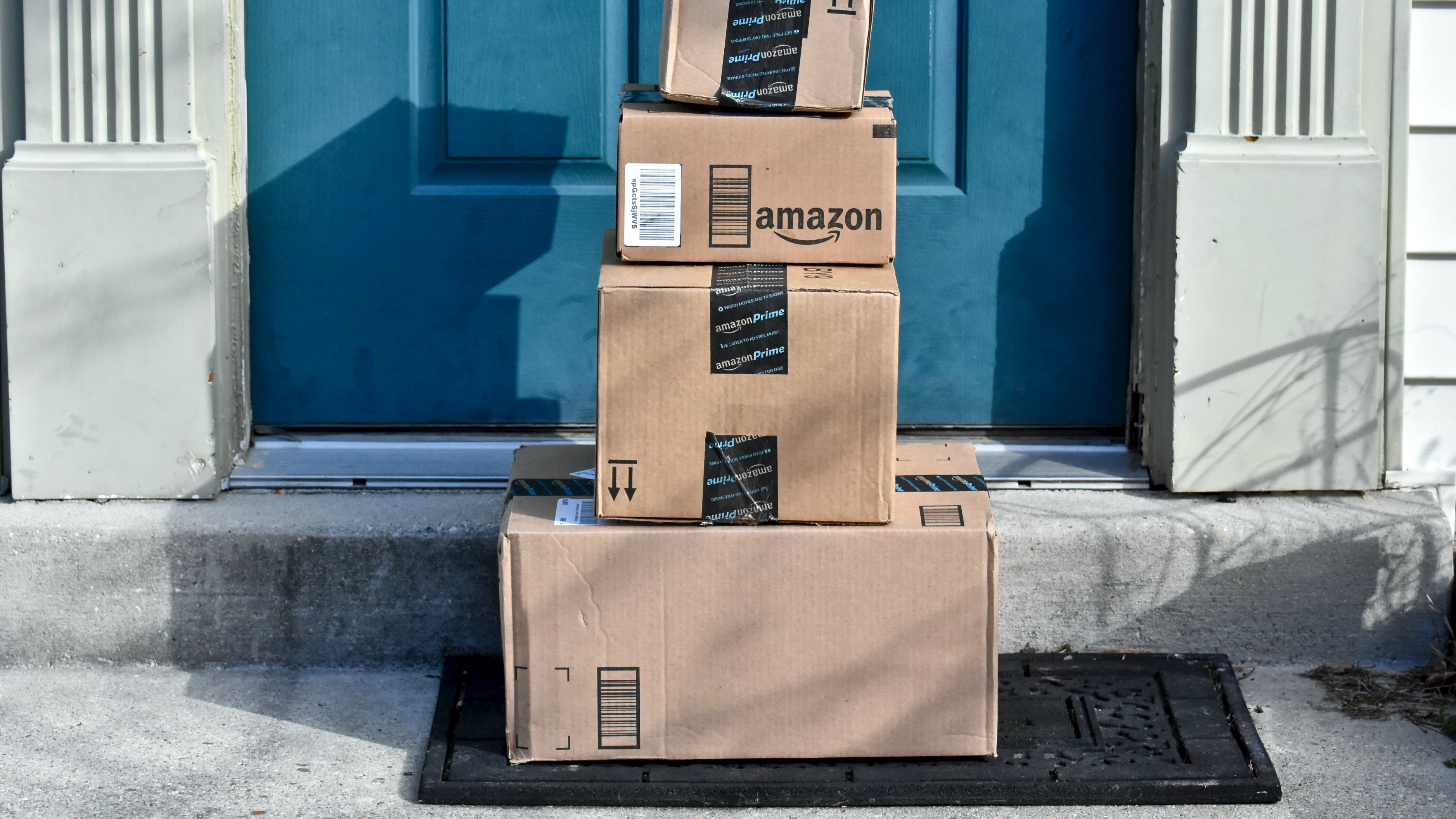Amazon Prime memberships are now harder to cancel – and it’s no accident
Amazon accused of using 'dark patterns'

Cancelling your Amazon Prime membership is getting increasingly difficult, a new investigation has shown, and it doesn't seem to be happening by accident.
Internal documents shared within Amazon detail the so-called ‘Project Iliad’ – an attempt to drive down the number of people cancelling their Amazon Prime memberships to reduce user churn on the service and retain a buoyant Prime-based revenue stream.
Spanning several years, Project Iliad introduced several steps to complicate the cancellation process, according to documents obtained by Business Insider, and was so successful that cancellations were down 14% in 2017.
Though it has evolved over the years, Amazon Prime still has a multi-step cancellation process, which has led to complaints to the Federal Trade Commission and some consumer-interest bodies.
"Throughout the process, Amazon manipulates users through wording and graphic design, making the process needlessly difficult and frustrating to understand," said the Norwegian Consumer Council in a January 2021 report.
“Companies such as Amazon seem to speculate that they can discourage customers from cancelling their subscriptions either by heavily emphasizing the benefits that will be lost upon cancellation or by making the process so complicated that its users simply give up.”
Amazon’s dark patterns
For our money, Amazon Prime remains a great service – its combination of free shipping on selected purchases, access to video and music streaming content, cloud storage and digital reading options, among other perks, is generous for its $139 / £79 / AU$59 annual fee.
Get daily insight, inspiration and deals in your inbox
Sign up for breaking news, reviews, opinion, top tech deals, and more.
But no subscription service should make it difficult to take control of your finances, let alone one from one of the planet’s wealthiest companies, and Amazon is accused of using so-called ‘dark patterns’ in its Prime cancellation process.
“Dark patterns, or manipulative design, are features of user interface design that nudge or push consumers into making choices that are in the best interest of the service provider, rather than in the interest of the consumer,” explains the Norwegian Consumer Council.
“This may include that certain options are easier to choose than others, that consumers are tricked into giving consent to sharing personal data, and many other practices.”
Certainly, from our own experience, the current Prime cancellation process is one that requires multiple steps of confirmation offers before one can ultimately pull the plug on the ongoing fee.
Amazon disputes the criticism directed at it. "Customer transparency and trust are top priorities for us," Jamil Ghani, vice president of Amazon Prime, said in a statement given to Business Insider.
"By design, we make it clear and simple for customers to both sign up for or cancel their Prime membership. We continually listen to customer feedback and look for ways to improve the customer experience."
Gerald is Editor-in-Chief of iMore.com. Previously he was the Executive Editor for TechRadar, taking care of the site's home cinema, gaming, smart home, entertainment and audio output. He loves gaming, but don't expect him to play with you unless your console is hooked up to a 4K HDR screen and a 7.1 surround system. Before TechRadar, Gerald was Editor of Gizmodo UK. He is also the author of 'Get Technology: Upgrade Your Future', published by Aurum Press.
